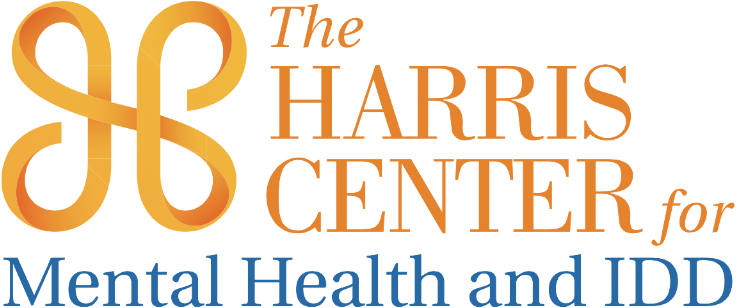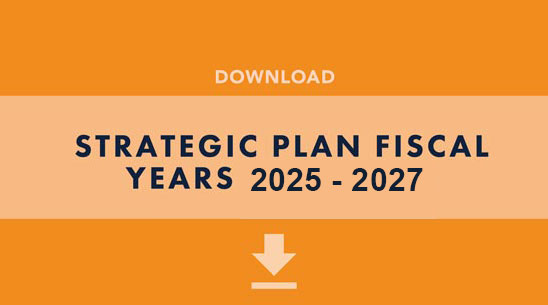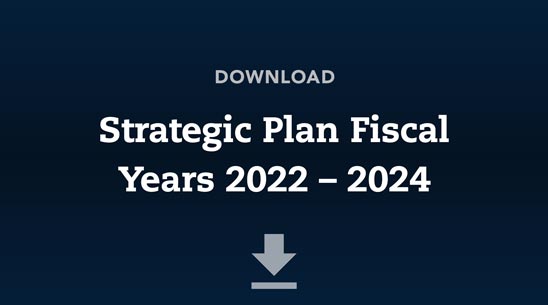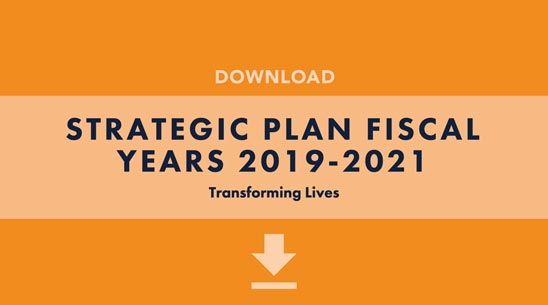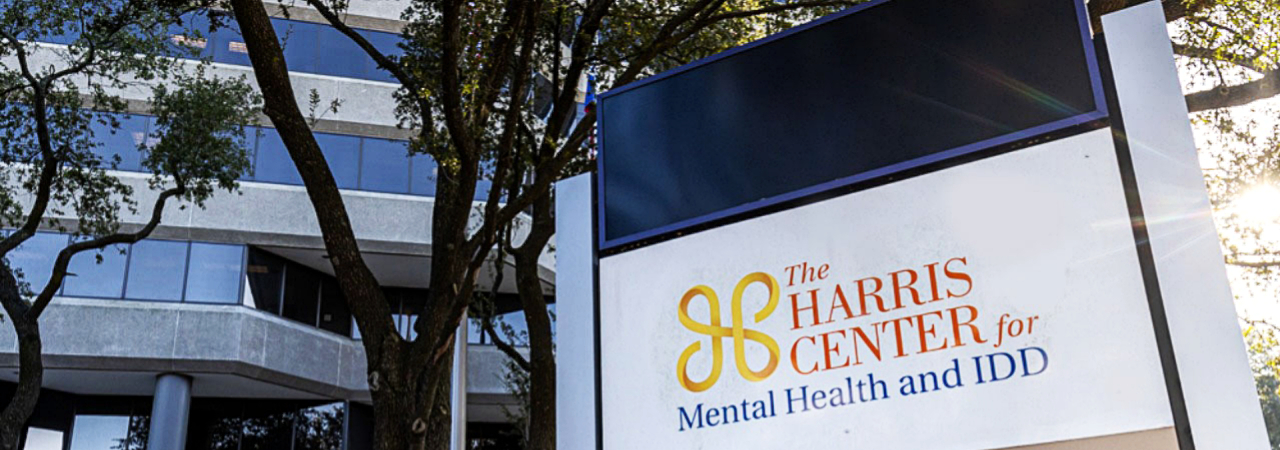
What Makes Us Different
As the largest provider in Texas, The Harris Center for Mental Health and Intellectual and Developmental Disabilities (IDD) strives to provide high-quality, efficient, and cost-effective services so that persons with behavioral health and developmental needs may live with dignity as fully functioning, participating, and contributing members of our community. We do not deny services based on a patient’s inability to pay for any reason.
Our Impact
With support from local, state and federal levels, The Harris Center provides high-quality, efficient, and cost-effective services so that persons with behavioral health needs may live with dignity as fully functioning, participating, and contributing members of our community. Each year, we serve tens of thousands of Harris County’s residents with more than a million services in every corner of the County. Our strong community partnerships and support allow us to provide care and contribute to making Harris County a resilient community with a strong safety net.
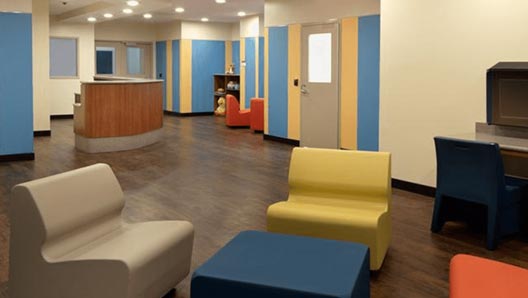
Current employees exploring new opportunities within The Harris Center, Login here.
Download the Workplace Discrimination is Illegal PDF
FAQs
Yes! They just need to meet the minimum requirements of the position.
If you have additional questions, please reach out to talentacquisitionpartners@theharriscenter.org to learn more about the program.
We are grateful support and encourage you to donate to The Harris Center Foundation for Mental Health and IDD. To do so, visit theharriscenterfoundation.org
- If you or a loved one are living with a developmental disability and would like to show support for this community, contact organizations like The Arc and The Center for Pursuit.
- If you or a loved one are living with a behavioral health condition and would like to show support for this community, contact organizations like Mental Health America and the National Alliance on Mentally Illness (NAMI).
- The Harris Center, along with these organizations and others like it work continuously to end stigma and educate the public on behavioral health and IDD.
- If you wish to request The Harris Center’s participation in a community or industry event, please email PublicAffairs@theharriscenter.org.
- If you wish to request that The Harris Center partner on program operations, please contact 713.970.7000.
Please visit our Business Opportunities section for information on Procurement, Contracts, and information for Vendors and Suppliers. https://www.theharriscenter.org/business-opportunities
Understanding the organization’s Strategic Plan and Annual Financial Reports will enhance your awareness of the functions of The Harris Center, the reasons behind decisions being made, and the trajectory of where the agency is headed, especially in relation to achieving budget and strategic plan goals.
Viewing the services provided and decisions being made through the lenses of the Strategic Plan and Annual Financial Report will help you maximize administrative learning outcomes during your Administrative Fellowship.
Fees vary depending on the type of service. Discounts are available based on family size and income, and a sliding scale rate schedule is available.
Yes, the Harris Center is an Agency of the State and a unit of local government.
As a patient, you have the right to be treated with dignity and respect, to receive care in a safe and supportive environment, to be informed about your treatment options, to participate in your care decisions, and to have your privacy and personal information protected. You also have the right to file a complaint or grievance without fear of retaliation. For patient rights concerns, please call (713) 970-7742 or (713) 970-7211. You may also send an email to RightsLine@TheHarrisCenter.org. or fill out the Patient Rights Concern form. Individuals with hearing impairment or loss may call using the free service of Texas Relay: 1-800-735-2989 or Relay Texas number 711. You can also read our Patient Rights Handbook here.
Be proactive. Learn all you can about the company, your team(s), and how the team(s) affect the overall mission and values of The Harris Center. This way, you will be in a better position to help those you support to meet organizational needs and affect continuous improvement. Learn new applications and then teach others. Support others and never become complacent in your role.
Be open-minded. As an Administrative Fellow, it can be difficult to integrate into a new working environment and it is important to be sensitive to others' perspectives. It is important to understand the culture and history of an organization before going to new recommendations and suggestions. Thus, utilizing curiosity, observation, openness, and neutrality can support better relational development and successful engagement by others within a group.
Be organized. Administrative Fellows have many things to juggle at once, so being organized from the beginning is crucial. Having an organized desk, computer and calendar can help you complete administrative tasks in a quality and time-efficient manner. Healthcare administrators must have both big-picture organizational systems thinking skills plus an eye for managing small details.
Master time management. With so many responsibilities spread among different aspects, such as meeting with administrators, completing projects, and attending meetings, time management is a must to ensure deadlines are met, tasks are up-to-date, and those working with you are satisfied.
Effective communication. You must be able to communicate processes and information to others, respond clearly to questions, requests and more. You must also be able to use various types of communication including verbal, nonverbal, written, and visual communication to network with key stakeholders, complete projects, and accelerate your learning.
The Administrative Fellow's main preceptor will ensure that the fellow is guided by a clear action plan that includes an in-depth orientation using The Administrative Fellowship Guidebook and related PowerPoint Presentations, establishes a timeline of activities, delineates required skills, and provides periodic performance appraisals using 360 Evaluations.
The main preceptor is responsible for helping the Admin Fellow harness the various experiences gained through the fellowship program and facilitate the realization of learning outcomes. This can be done by:
- Affording the fellow the time and patience needed for an optimal learning experience
- Encouraging the fellow to express opinions and to feel free to come to you to discuss problems
- Suggesting new ideas without dominating the fellow's thought and action
- Encouraging the fellow to develop new ideas and put them into practice
- Empowering the fellow to try different methods of accomplishing assigned tasks
To transform the lives of people with behavioral health and IDD needs.
74-1603950
It is best to start your first 2 weeks before the rotations start by meeting key people and visiting key sites to acclimate you to the agency.
Informational Interviews
Fellows should start by meeting each of the Chief Executives of the agency (CMO, CNO, COO, CAO, CIO, CEO, CFO, and General Council) and then the Vice Presidents under each Chief if time allows. If time runs out, it is best to complete informational interviews when you go through each of the designated rotations. Informational interviews with Directors and Managers can be conducted during the respective rotations.
Please note that for the informational interviews you do not get to within the first 2 weeks of your fellowship, it is best to complete those at the start of each rotation so that you can meet the people you will be learning from during that rotation.
Site Visits
Fellows should start to get their feet wet by rounding at 9401 Southwest Frwy Clinics (Adult Mental Health, Child and Adolescent Services, Primary Care, and IDD).
It is best to complete site visits at the end of each rotation so that projects from the rotation can be completed. Having site visits at the end of each rotation will also allow for an enhanced application of knowledge gained through each rotation so that fellows will be able to see their learnings in action. If fellows complete all visits at the beginning of the fellowship, this might lend to an information overload.
Click here to access our Annual Reports.
Donations to The Harris Center Foundation for Mental Health and IDD are used to support The Harris Center in meeting its operational goals and special needs.
The Harris Center is governed by 10 citizens appointed by the Harris County Commissioners Court, as well as an experienced Executive Team.
For more information, Click here.
• Mental health challenges are common – 1 in 5 adults experience them
• Half of all mental health conditions begin by age 14
Who should take MHFA?
Anyone! MHFA equips people with the skills to support friends, family,
coworkers, and community members. It answers key questions like “What
should I do?” and “Where can someone find help?”
What will I learn in MHFA?
• Signs, symptoms, and risk factors of mental health concerns
• Information on depression, anxiety, trauma, psychosis, suicide, and
substance use challenges
• A 5-step action plan to support someone with signs and symptoms of a
mental health challenge or crisis
• Available professional supports, resources and self-help strategies
By the Numbers
(FY2022, Sept 1, 2021 – Aug 31, 2022)
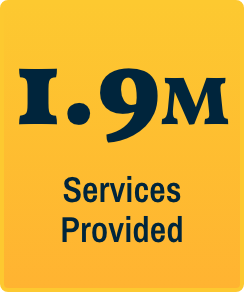


The Facts

The Harris Center operates the National Suicide Lifeline hotline–988–for this region covering 45 counties in Texas.

The Harris Center is the largest provider of community based behavioral health and IDD services in the State of Texas.

The Harris Center created and operates the nationally recognized Respite, Rehabilitation and Re-entry Center providing jail diversion, transitional and stabilization services.
Our Story
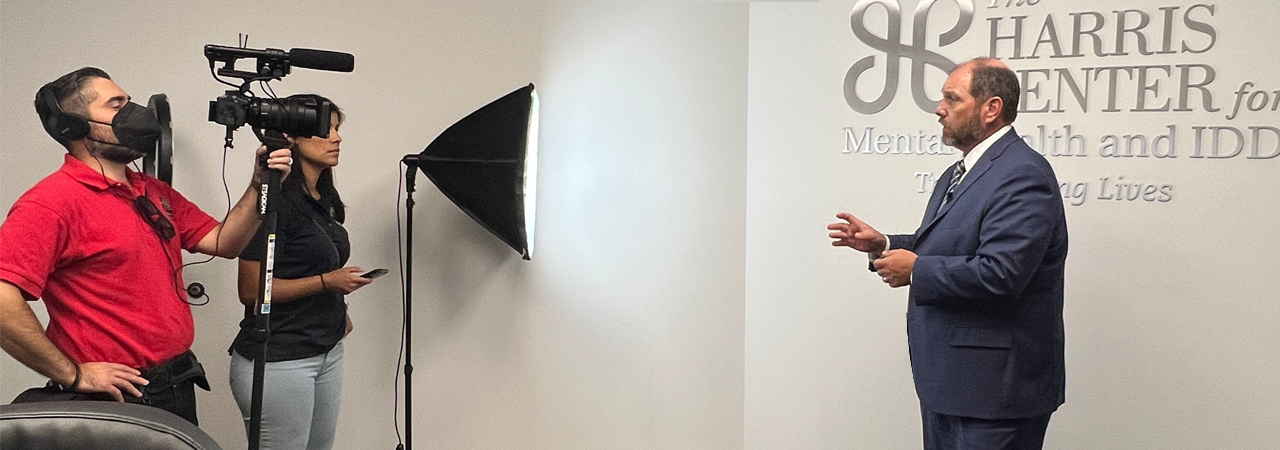
Meet The Team
Our Locations
9401 Southwest Fwy, Houston, TX 77074
7:30 A.M. - 5:00 P.M.
Monday thru Friday
- Pharmacy
- Outpatient Mental Health
- Children Services
- Primary Medical Care
- Intellectual Disabilities & Autism
- Forensic Mental Health Services
- Substance Use Disorder Services
1502 Ben Taub Loop Houston, Texas 77030
24 Hours - 7 Days/Week
- Psychiatric Emergency
- Substance Use Recovery
- Psychiatric Stabilization (Adults and Children)
- Pharmacy
- Detox/Substance Use Disorder Services
7200 N Loop E Fwy, Houston, Texas 77028
7:30 A.M. - 5:00 P.M.
Monday thru Friday
- Outpatient Mental Health
- Pharmacy
- Substance Use Disorder Services
3737 Dacoma St, Houston, TX 77092
7:30 A.M. - 5:00 P.M.
Monday thru Friday
- Outpatient Mental Health
- Pharmacy
- Substance Use Disorder Services
6160 South Loop East
Houston, Texas 77087
24 Hours - 7 Days/Week*
(The Respite, Rehabilitation, and Re-Entry Center does not accept "walk-in" appointments or provide open community access.)
- Forensic Mental Health Services
- Pharmacy
- Residential
5901 Long Drive
Houston, Texas 77087
7:30 A.M. - 5:00 P.M.
Monday thru Friday
- Outpatient Mental Health
- Children Services
- Primary Medical Care
- Pharmacy
- Substance Use Disorder Services
Annual Reports
Annual Comprehensive Financial Reports
- Annual Comprehensive Financial Report 2023-2024
- Annual Comprehensive Financial Report 2022-2023
- Annual Comprehensive Financial Report 2021-2022
- Annual Comprehensive Financial Report 2020-2021
- Annual Comprehensive Financial Report 2019-2020
- Annual Comprehensive Financial Report 2018-2019
- Annual Comprehensive Financial Report 2017-2018
- Annual Comprehensive Financial Report 2016-2017
- Annual Comprehensive Financial Report 2015-2016
- Annual Comprehensive Financial Report 2014-2015
Strategic Plans
The Harris Center’s work is driven by our Mission, Vision and Values. It is structured around rolling 3-year strategic plans. In this way, we stay accountable to our stakeholders and ourselves and provide transparency to our progress and good stewardship of public funds.
